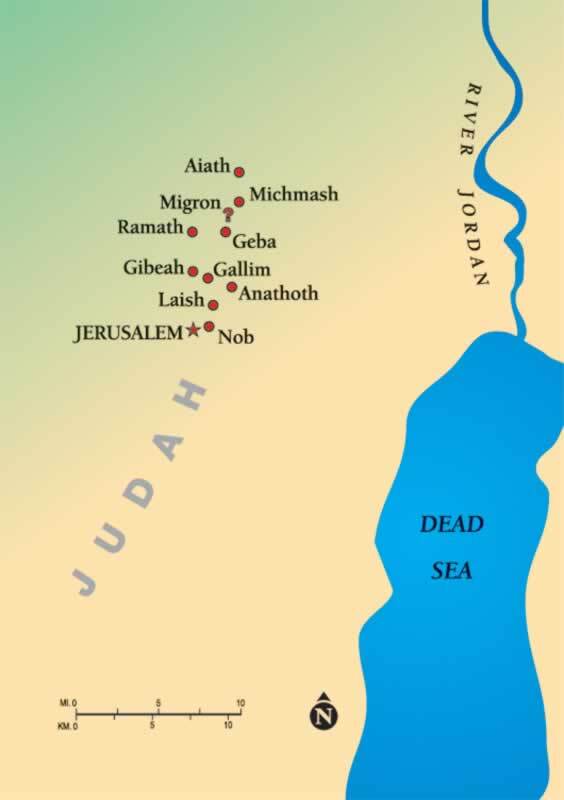I love to read, but I’ve found that as life gets increasingly busy, I don’t have time for all the books I want to read. So to help me select which books I invest in, I rely on endorsements. If somebody I respect says, “This book is amazing,” then I’m more likely to read it.
For example, I recently came across a book called Pride and Sensibility, which seemed like an intriguing title. I looked at the back cover and I found this endorsement: “I ardently love and admire this book.” —Mr. Darcy
If you’re into Jane Austen novels, you understand that an endorsement from Mr. Darcy is pretty powerful, so I decided that I’d better put this on my list of books to read.
There is another book, one that is quite important in my life, that comes with some impressive endorsements:
- “My soul delights in the words of this book.” —Nephi
- “Search this book.” —Moroni
- A commandment I give unto you that ye search this book diligently.” —Jesus Christ
If you haven’t guessed by now, the book I am talking about is the words of the prophet Isaiah.
I think we all want to love Isaiah, but it can be challenging. I’ve written before about how Isaiah put me to sleep as a child and shared the story of how the “Isaiah Map” helped me start to understand Isaiah. Today I want to write about what I think is the most confusing passage from Isaiah and explain how it can change your life. Here’s the passage:
“He is come to Aiath, he is passed to Migron; at Michmash he hath laid up his carriages. They are gone over the passage; they have taken up their lodging at Geba; Ramath is afraid; Gibeah of Saul is fled. Lift up the voice, O daughter of Gallim; cause it to be heard unto Laish, O poor Anathoth. Madmenah is removed; the inhabitants of Gebim gather themselves to flee. As yet shall he remain at Nob that day” (2 Nephi 20:28–32).
What do you think … do you love those verses?
These verses meant nothing to me until I saw a different map in The Book of Mormon for Latter-day Saint Families:

As you can see in this image, the cities in this passage move from north to south towards Jerusalem. In other words, these verses contain a prophecy about a future Assyrian invasion. The Assyrians would sweep through Judah, destroying many towns but at Nob, which is just outside Jerusalem, God would intervene.
So the line, “As yet he shall remain at Nob that day,” has come to mean to me, “In some cases, God will intervene, but not until the last moment.”
Isaiah’s prophecy did come to pass. In Isaiah 36 we learn that after destroying surrounding cities, the Assyrian army was in Nob just outside Jerusalem. The leader at the time, King Hezekiah was terrified. He said, “This day is a day of trouble, and of rebuke, and of blasphemy: for the children are come to the birth, and there is not strength to bring forth” (Isaiah 37:3).
What a terrible metaphor! If a woman is about to have a baby and she doesn’t have the strength to bring forth the baby, she and the baby will die. Hezekiah says that’s what going to happen to his people.
In this context, Isaiah himself comes to Hezekiah and says, “Thus saith the LORD, ‘Be not afraid’” (Isaiah 37:6).
It must have been hard for Hezekiah to trust in God with an Assyrian army on his doorstep, but Hezekiah believed in Isaiah’s words. Hezekiah prayed, essentially saying, “I can’t defend my people. It’s out of my control. God, I am turning to you.”
Have you ever been in Hezekiah’s shoes? Your back is to the wall, there’s nothing you can do, and you simply pour out your soul in prayer?
After Hezekiah’s prayers, a miracle occurred. An angel smote the Assyrian army and Hezekiah’s people were miraculously saved. In other words, “As yet he shall remain at Nob that day.”
For me, this principle is comforting because it reminds me that no matter how bad things look right now, God can still intervene. Of course, that doesn’t mean we always get the miracle we want, right when we want it. As President Jeffrey R. Holland taught, “Some blessings come soon, some come late, and some don’t come until heaven; but for those who embrace the gospel of Jesus Christ, they come.”
For me, the statement, “As yet he shall remain at Nob that day” has changed my life because it’s a powerful reminder that God can and will intervene in our lives—even when things look desperate. And if it seems like that Assyrian army is advancing beyond Nob, just remember: things will work out in the end. If it’s not working out, it’s not the end.
▶ You may also like: What Elder Andersen told a little boy after giving him a priesthood blessing will melt your heart


